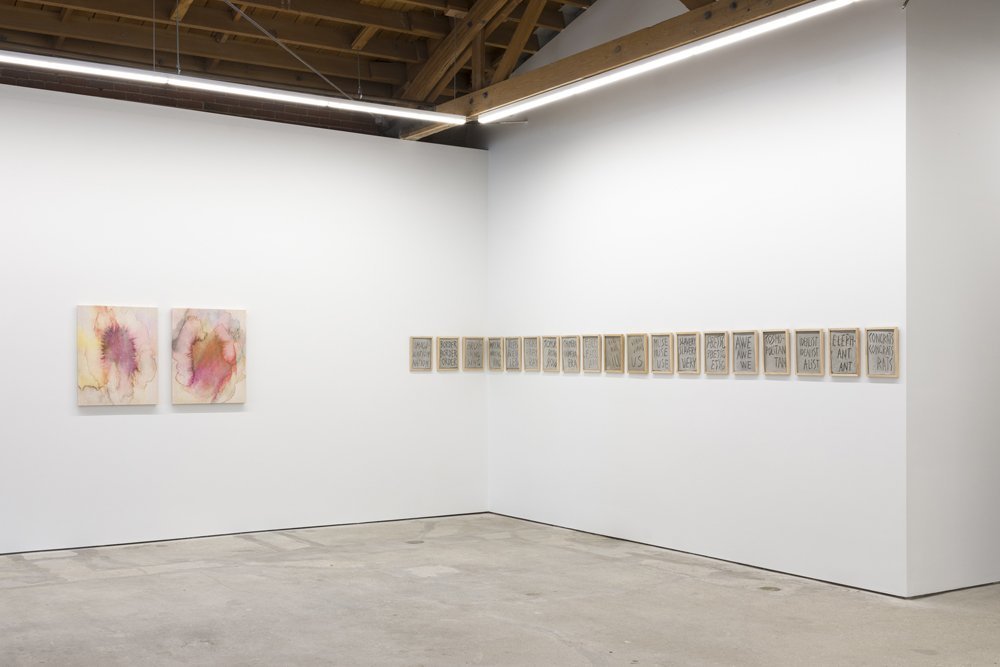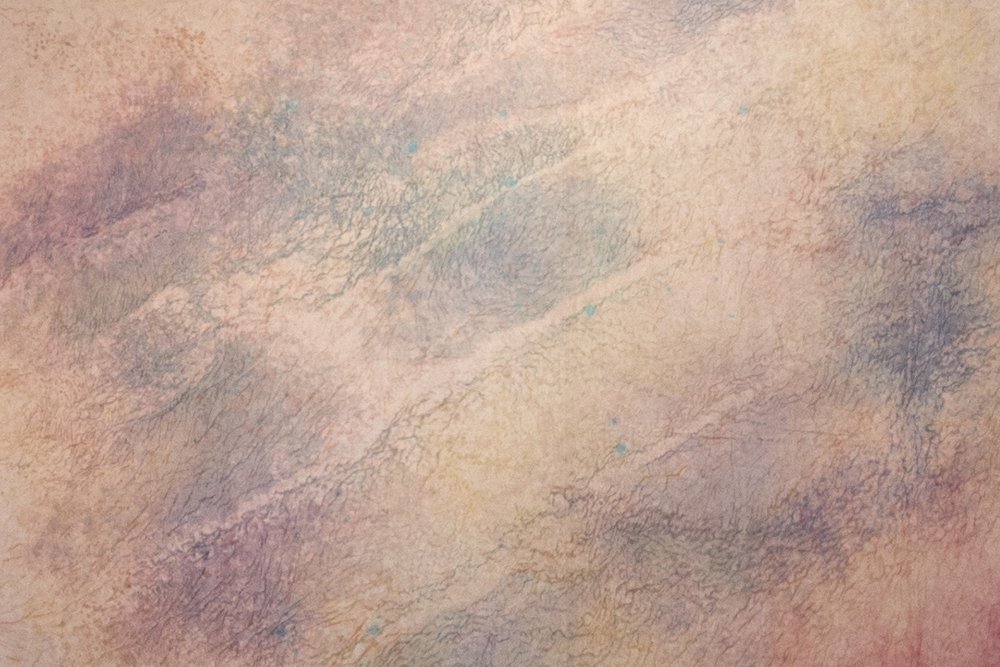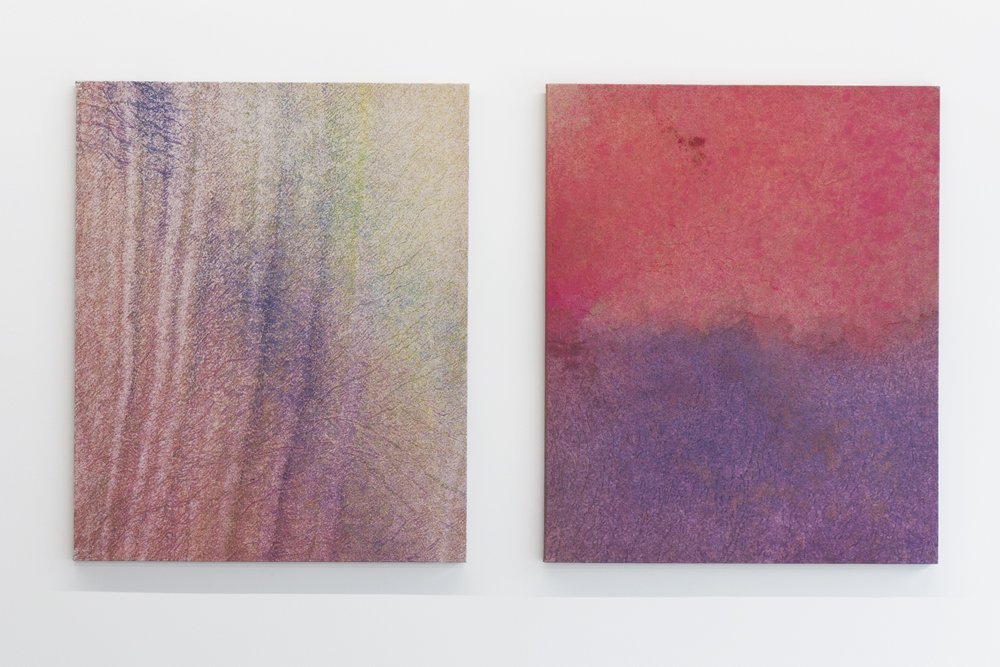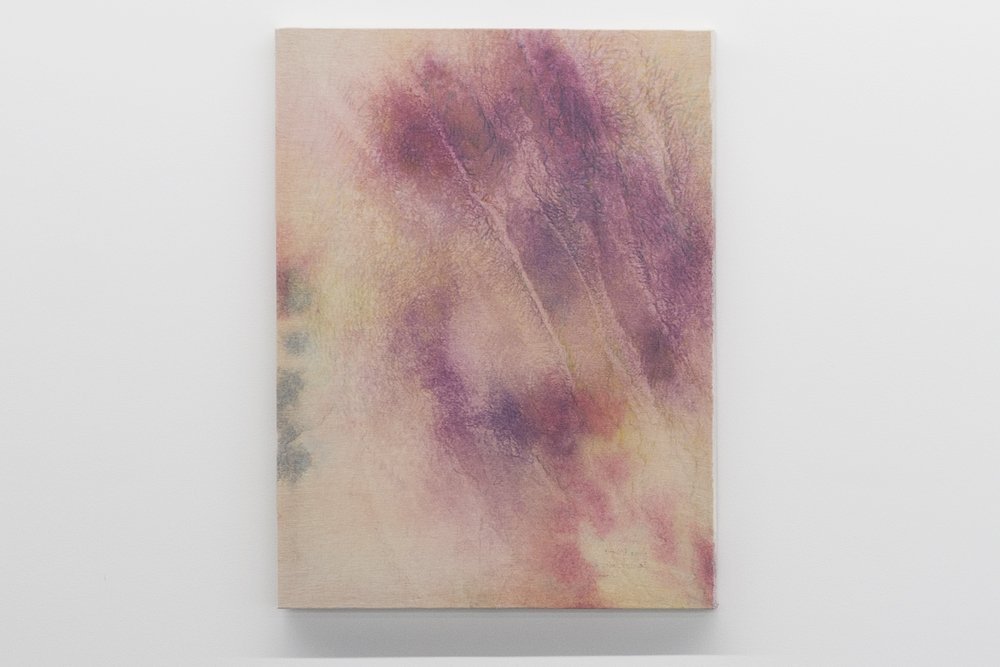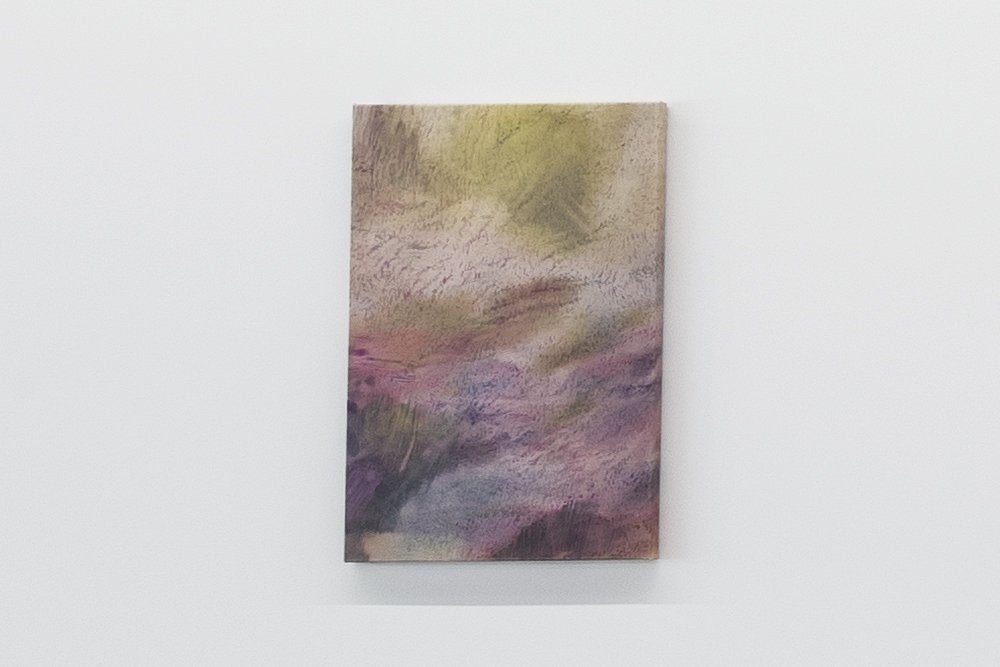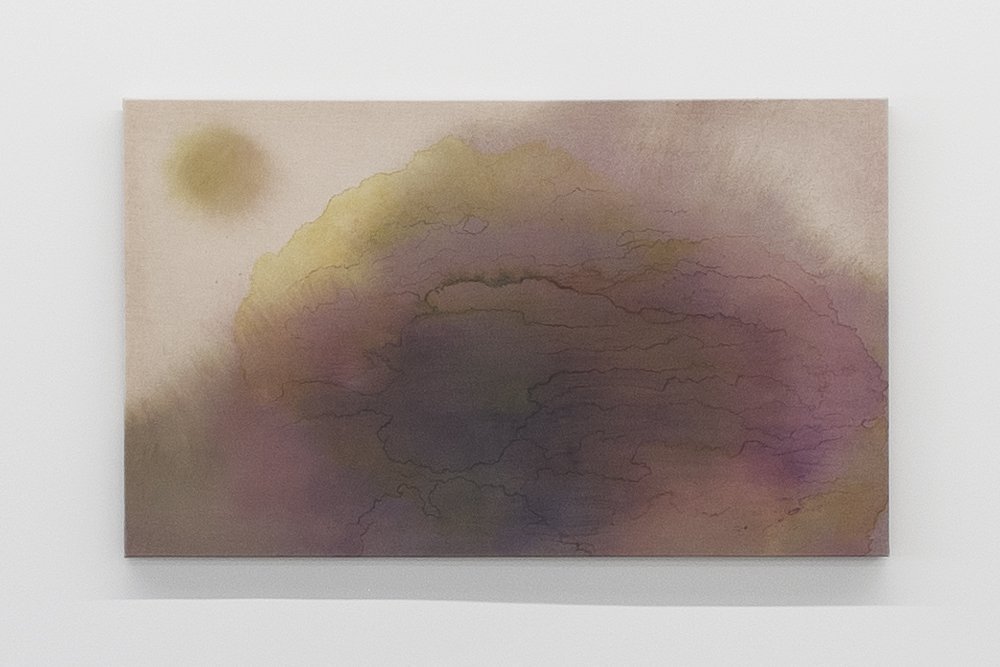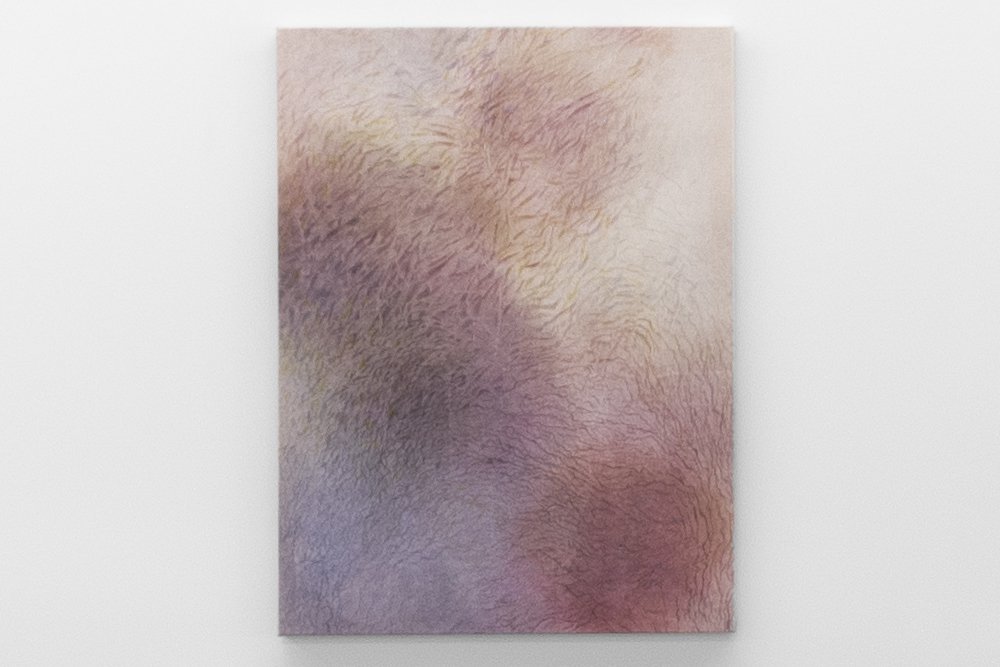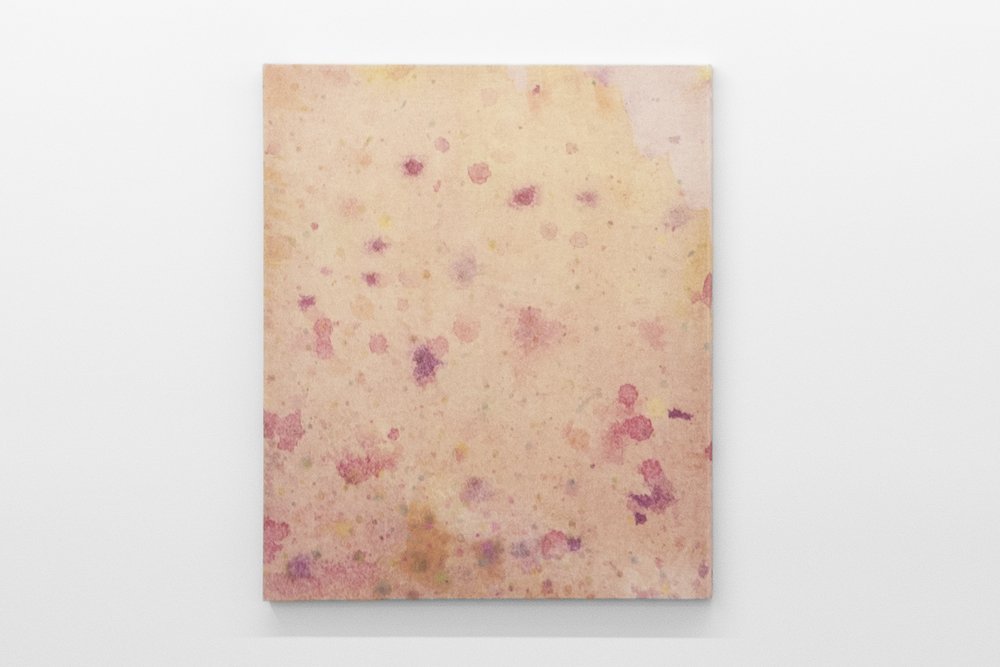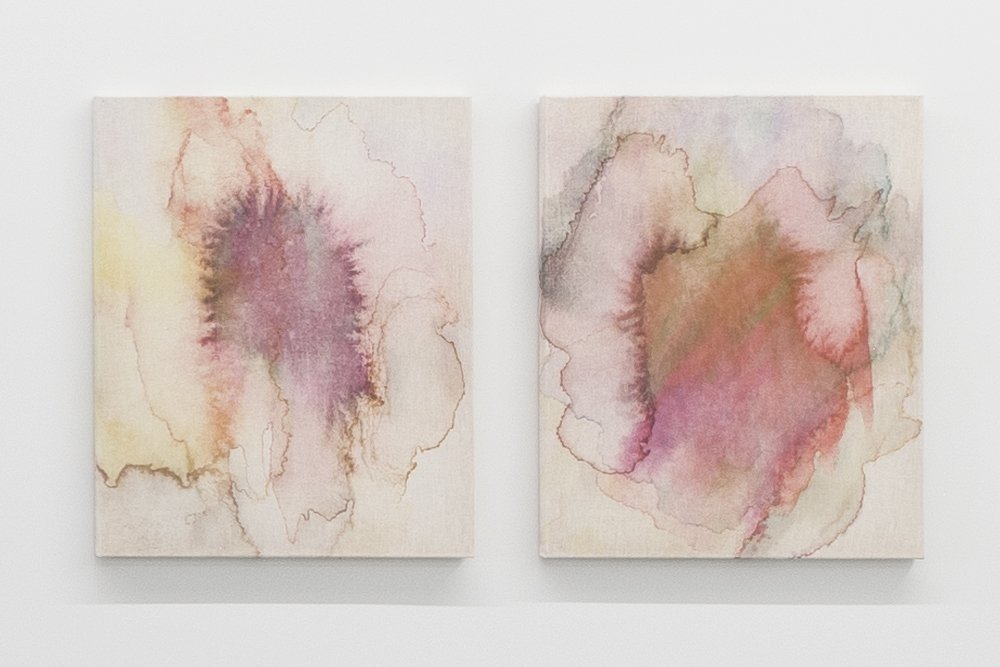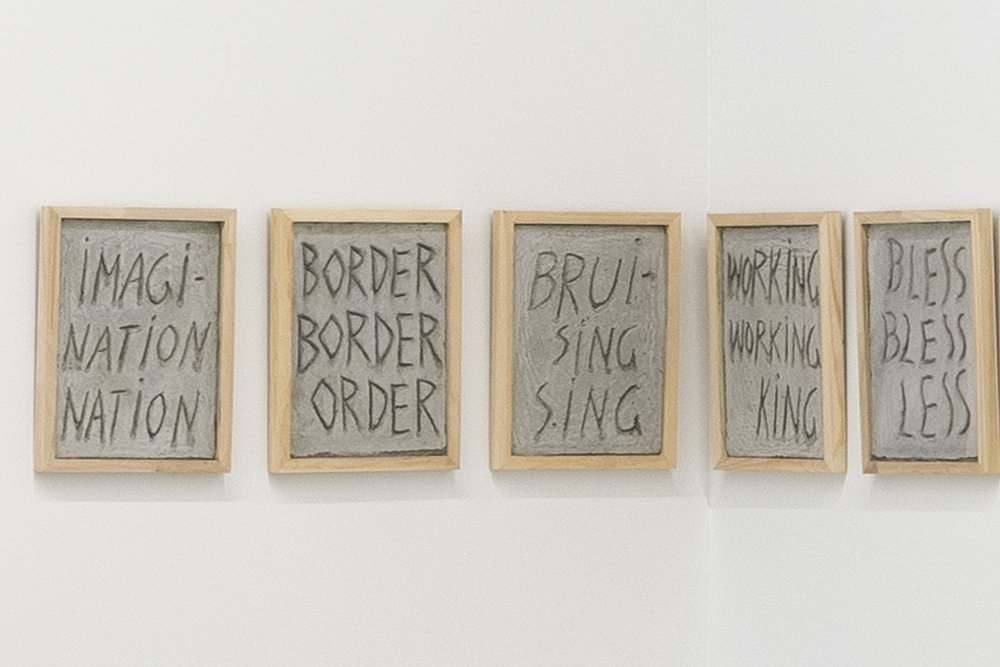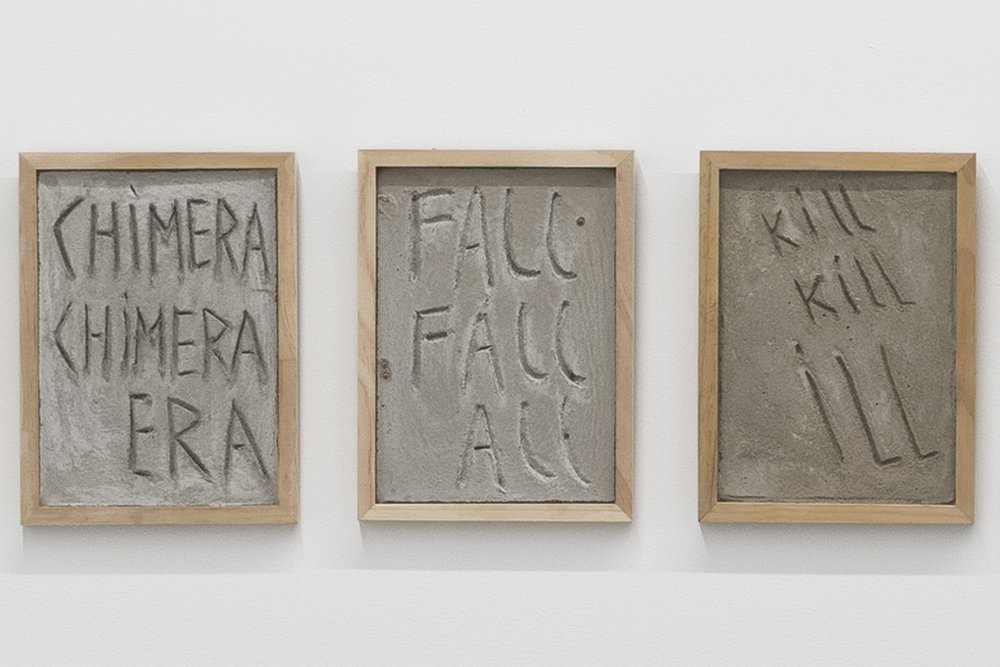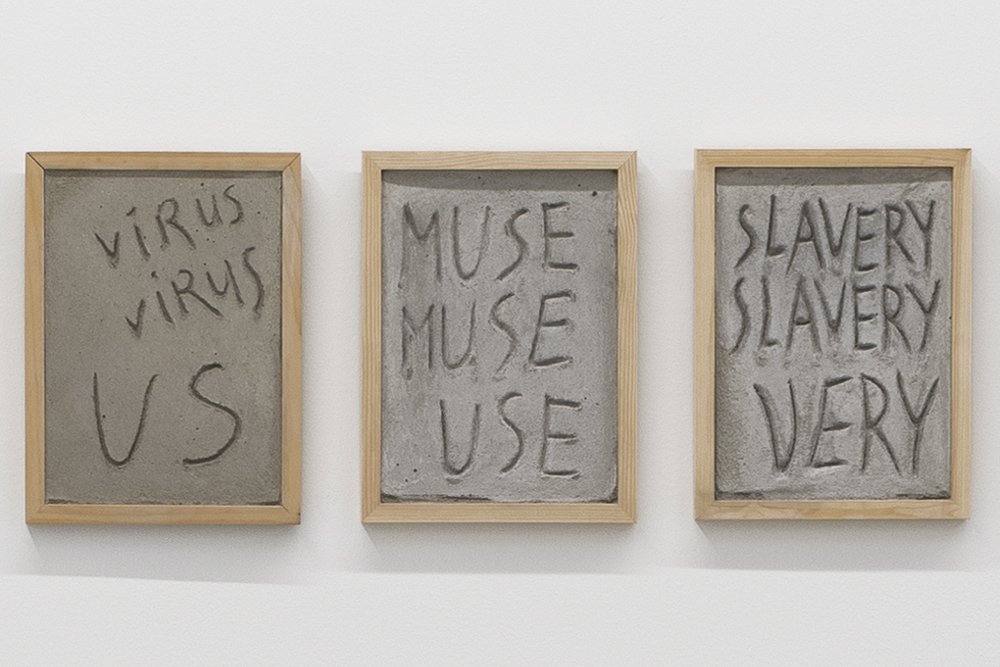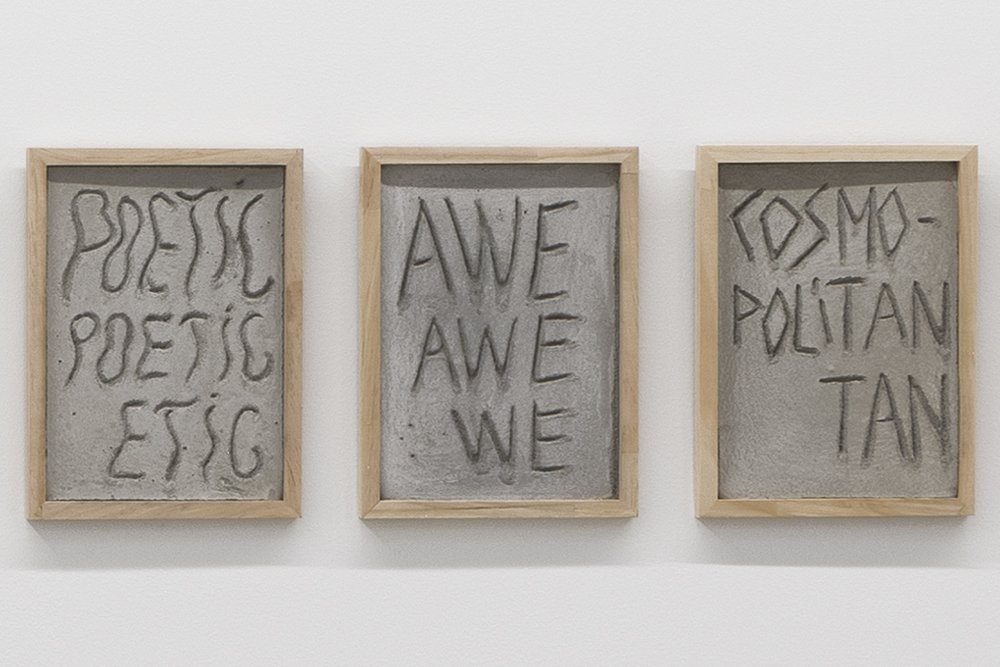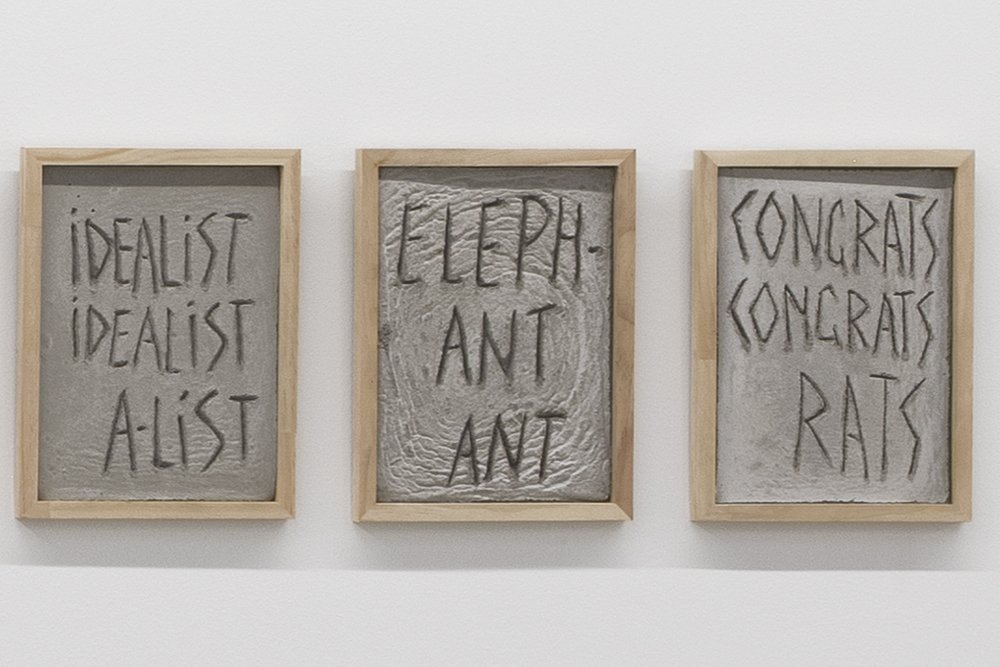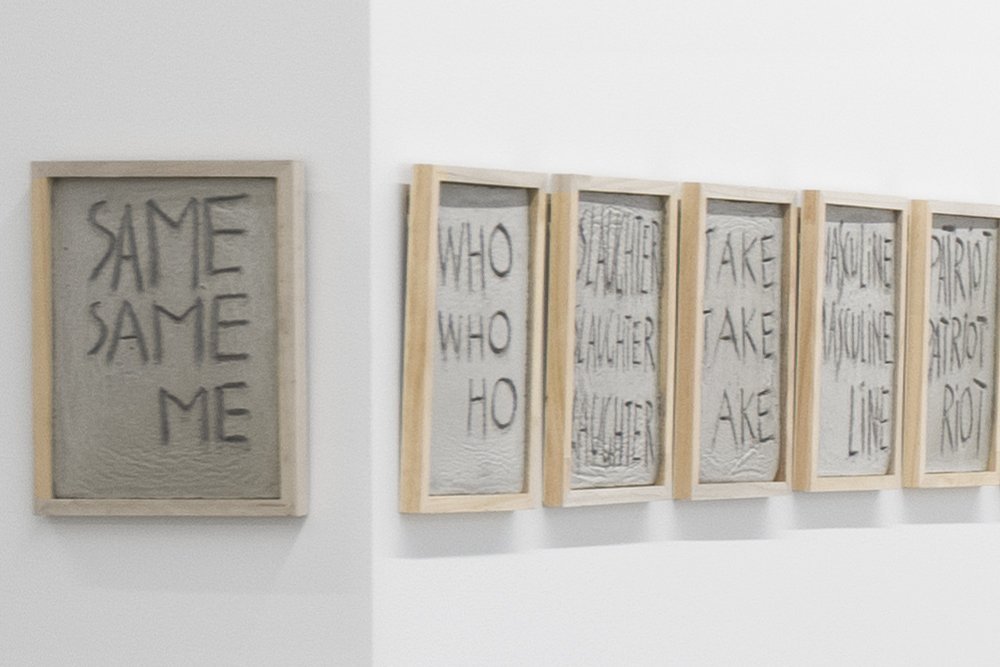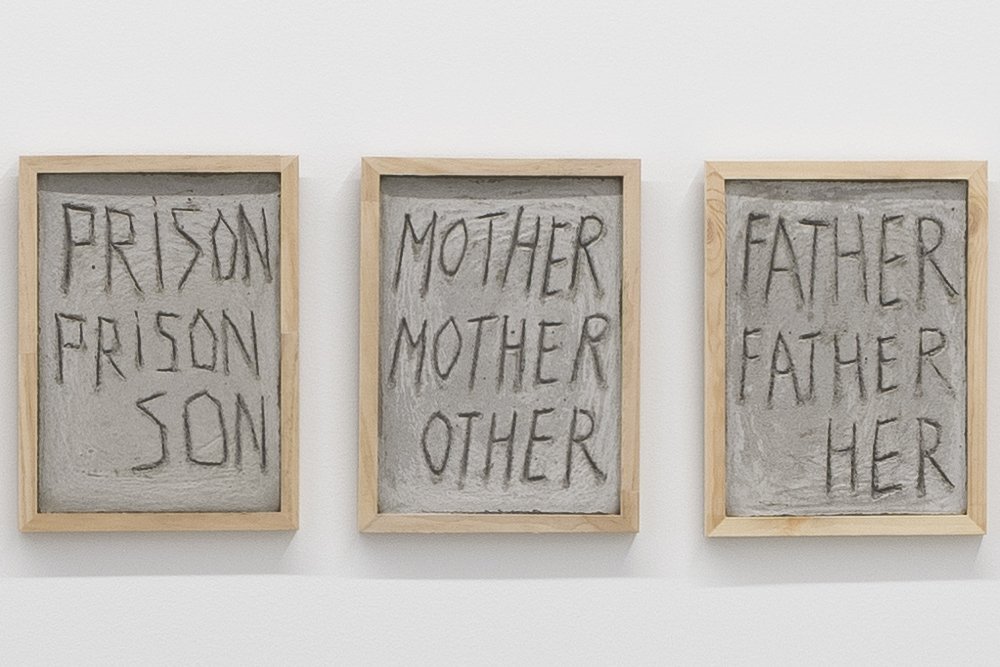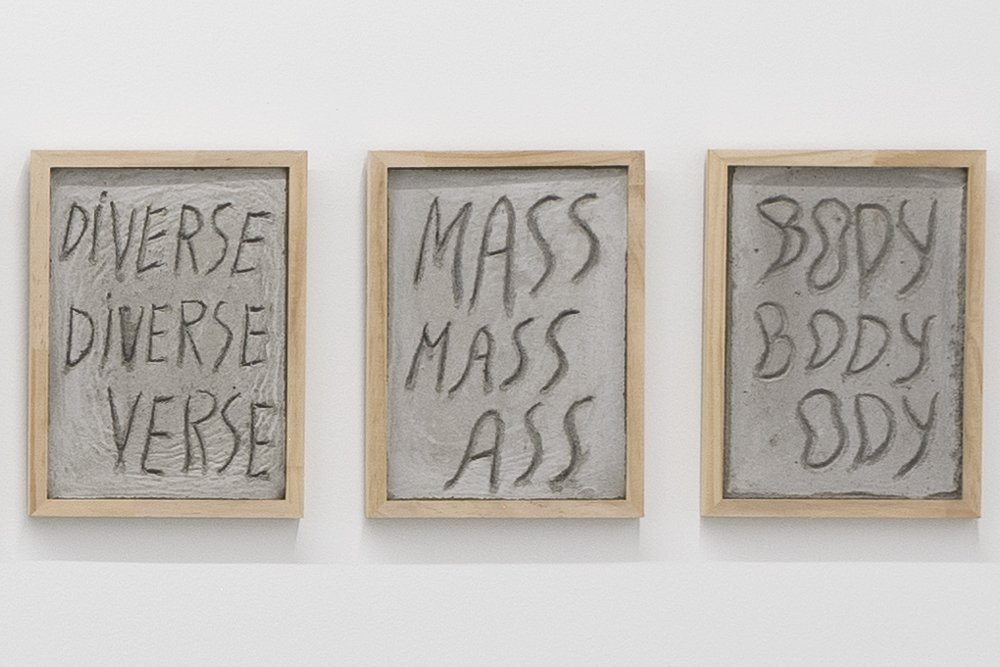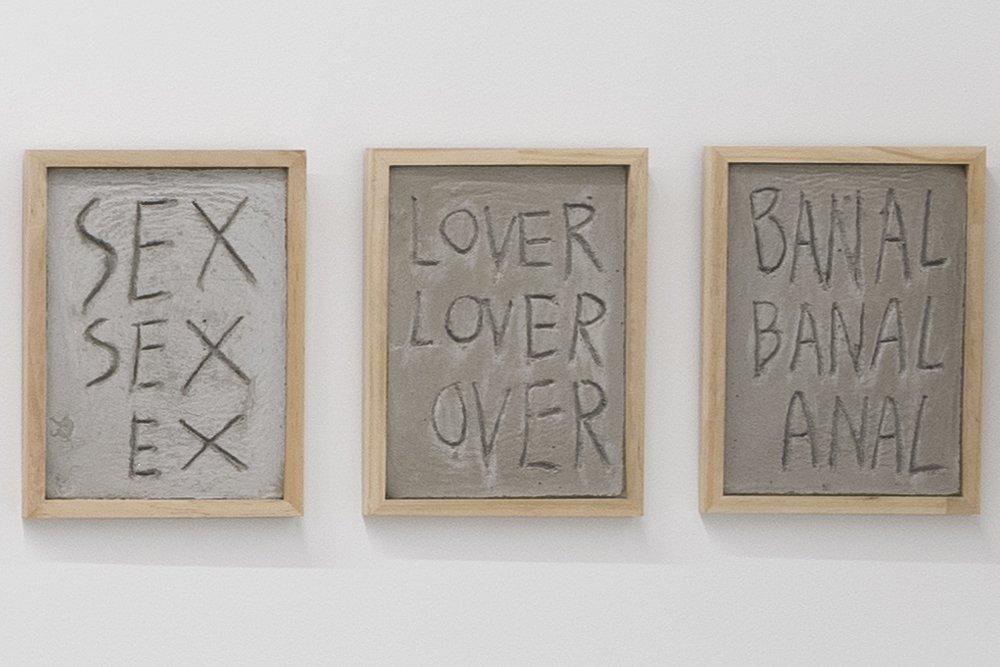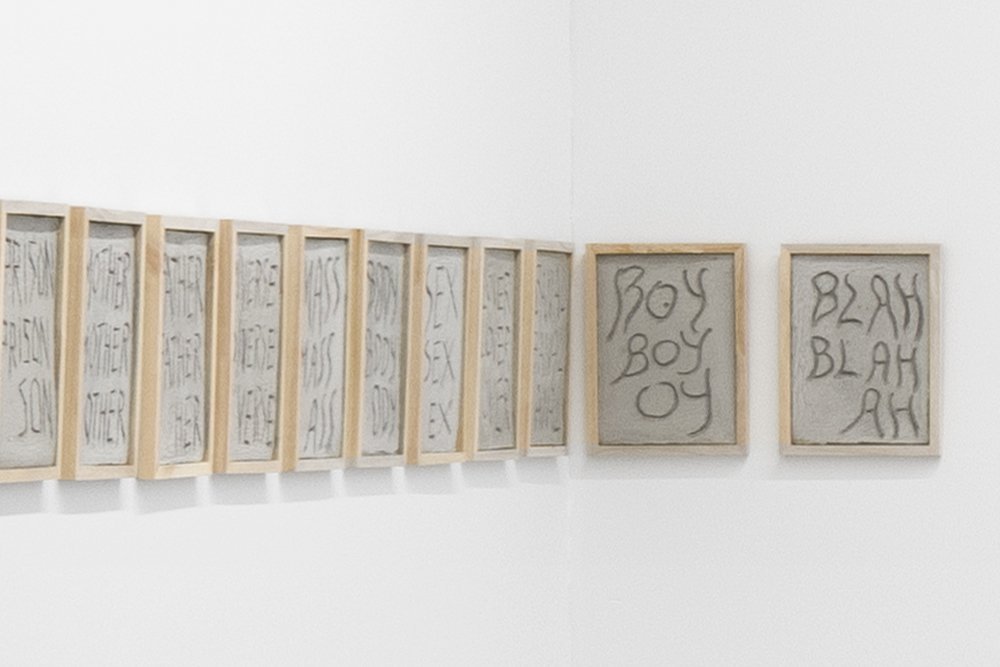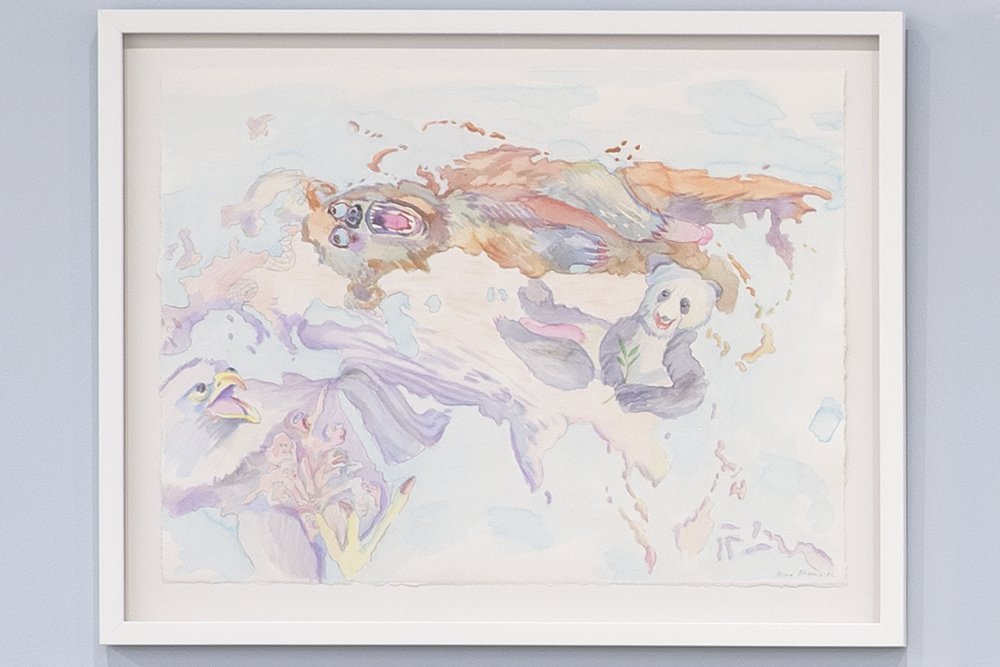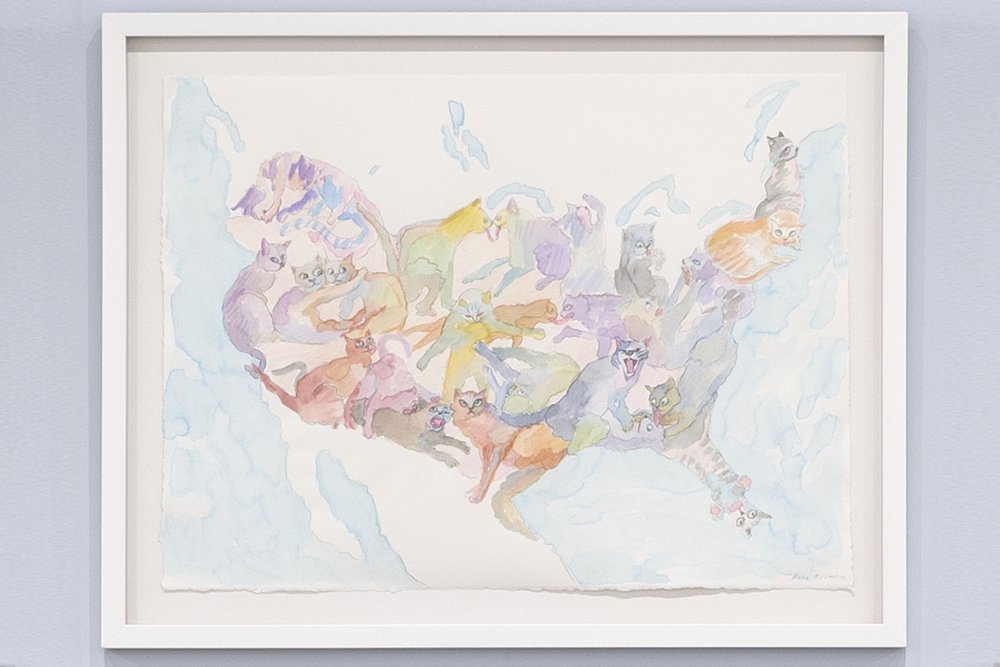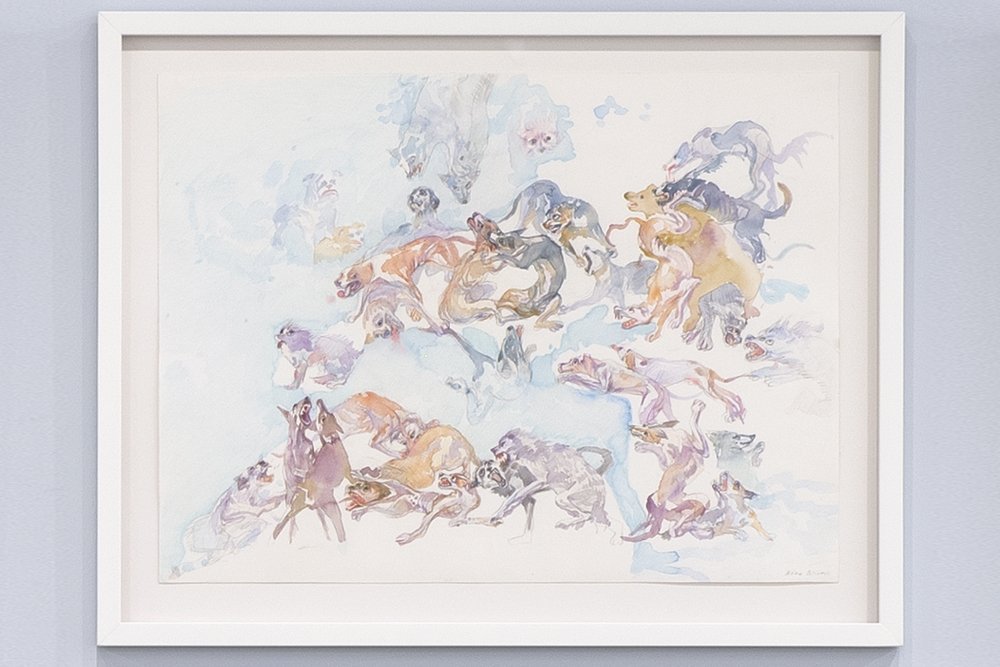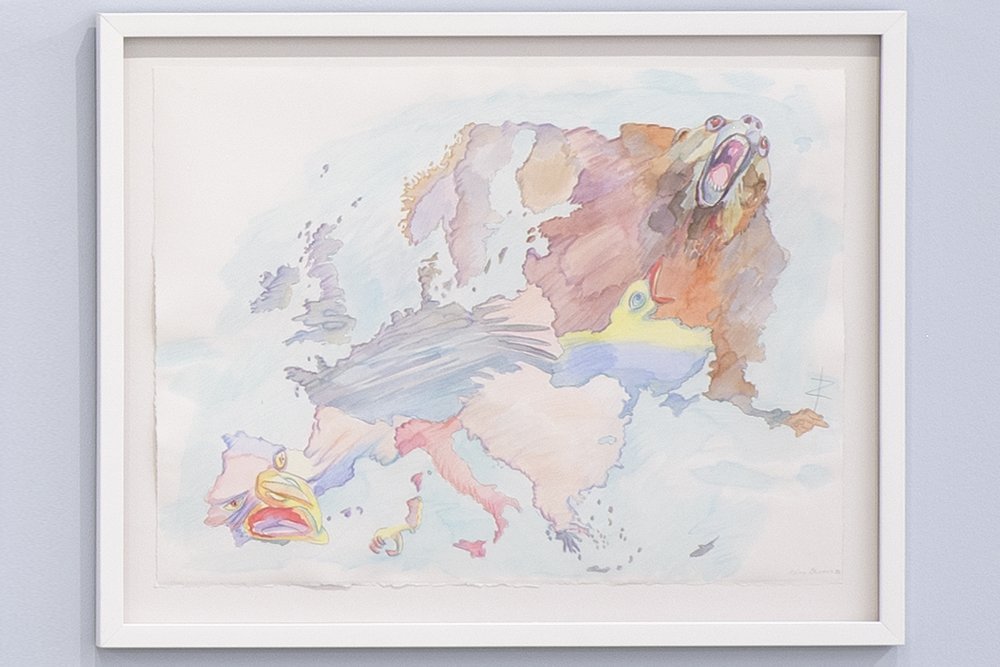from: _____
to: ________
subject: just name it after me / a correction notice
I know you won’t reply. You don’t believe me, but you demand the whole world to believe you – all of you are the same. The information you obtained is sacred to you – but the information I am cancels yours. So I am just fake news to you.
As you see, I can use your language if it’s necessary – and it’s really necessary, since I speak about my life, which you all deny for the name of conditional truth. My language is not a perfect weapon in a war your speech has declared to my existence – but since my existence is more important to me than all types of speech and species, I – as an endangered species – demand a correction!
I already emailed you, demanding a correction, I tried, I cried, I texted your managing editor, I wrote to your publisher – all of them demanded a confirmation – confirmation of what? That I’m alive? How can you prove that you’re alive? To prove death – yes, this is easy, there are rules and rituals, like cat’s eye syndrome (squeeze an eye with your fingers – it will become cozy, cat-like, with a dark slit), those special shades of farewell breathing, Glasgow coma scale, local karma school or a sailing certificate as a silky blank drowned person's passport, allowing access to all underwater boats of the world.
But how can a living person prove they are alive? Here I am, but it's not enough for you! The only thing I want from your newspaper is the correction of the publication about my death. How many more times will you see this message? How many times have you already seen it in your Instagram inbox, your Facebook messenger, your daughter's TikTok, your mom's WhatsApp? Until you publish the correction, your Peloton will scream for my comeback, your virtual yoga teacher, clenching her jaw, compressed by a sharp spasm, will stifle my name twice, and a new episode of you-know-what on Netflix won't start until you start my heart, stopped with your stupid unverified news.
You had plenty of time to write the correction. As soon as the news came out, written by you, about a woman with a blue scarf – the one with a blue scarf – the blue scarf from that photo – that particular woman rescued from the ruins of the school destroyed by bombs – that she actually didn’t survive – the woman with the scarf didn’t survive – I wrote you a message: that was me. I am alive, so I need a correction.
What would I do with your questions? Am I really myself? How could I prove I am the bleeding woman on the photo? Well, every creature that has consciousness recognizes itself even being depicted as dying, disintegrating into gray pixels and digital blood. It’s my blood, it’s my gray face, it’s my doctor who talked to you, it’s my photographer whom you quoted, it’s my life – and I still have it, look, I am holding it. Apparently, that's why my hands are clenched into fists in the photo. When I unclench them to write you about this, my life floats around me like a quiet light cloud of fog – there is a radiance, but there is no light, but there is a radiance, so I am sitting in the dark and can’t make a video call, but by life is here, it’s mine.
I can’t make a video call, obviously, because the connection is poor here. I have no passport either, I left my bag at school, which, as you remember, burned down, blown to pieces. How a person with burnt documents can prove their existence? Especially now, when a dead person can easily text anyone? Especially if you haven’t noticed the awkwardness of the previous phrase and keep reading this as if we are just dealing with some slippery social media scandal here.
You asked me to specify my location. Well, I can set rules here too – dear, you have taken my life, juggling it, as if it fell apart into a hundred shining golden balls as soon as you touched it. I can’t tell you where I am until I see a correction in your newspaper.
It’s very simple. A correction is a normal, familiar procedure. Journalists do make errors, it’s fine. Just provide a correction. Dear readers, an unfortunate error crept its way into our news article. The woman on that graphic image we actually blurred, is not dead (so we can unblur it probably).
I need an official cancelation of my death. You must cancel it in exactly the same way you’ve announced it earlier, weaving it out of false testimonies and releasing it into the world like a virus. I won't agree to anything else but an official correction. If I don’t see it, I will sue you. You know what court I am talking about.
But since I decided to talk to you in your language – and I looked into your vocabulary, like into a cold well, and I ran like a happy little fireball through your social networks, and I drank ice compote from your sleepy dog’s bowl, and I turned into a tiny miserable flower, forgotten between the pages of your book – I admit the impossibility of reaching you through the front door, so I have to beat my head against a dark door in the back.
You probably do not have a media genre for a no-death announcement. A correction notice on death is always a resurrection trick, and that’s what is binding your tongue. I noticed this some time ago, when one of our famous blogging journalists was killed in an assassination attempt – you know who I am talking about, but since you don’t believe I am me, I decided to forget everyone’s name here – tons of publications quickly broke out, emerged, appeared – do you have appropriate vulgar verbs for thoughtless reproduction of obituaries? Well, there were many of those. But the next day it turned out the journalist did not die, but did not survive either – let's say he walked past death alive. What is the word for this? Resurrection? In media context, for sure, that was a resurrection. But how do you write about resurrection?
That summer evening it happened I’ve been drinking with friends at my place – I won’t mention their names, otherwise you’ll immediately interrogate them, trying to figure out if my leg on that photo was removed by a missile, or by a photographer’s twitching hand – and we discussed a professional journalistic failure in canceling death. How do you write about the fact the deceased is now alive? After all, this thing perhaps will be necessary in the future, when people begin to resurrect en masse. So we need a new media genre that is directed to the future – an antithesis of an obituary. It has to correspond it formally, while contradicting it emotionally. The same way there are rules for writing an obituary, there should be rules for writing a reverse piece – a heartfelt note on reversibility of non-existence.
It is probably the absence of an anti-obituary genre that gives rise to media frustration – this is what I see in you. An obituary has a well-established ethics, but an opposite genre not only does not have this – it does not exist! But I do exist. So the genre does as well. I came up with a beautiful name for it – Anastasis. Yes, it is "resurrection" in Greek.
The rules of writing an Anastasis are simple: it must be laudatory, jubilant, including all the elements of the corresponding obituary (for example, if the obituary says about something we’ve lost, in an Anastasis you have to mention what we’ve gained back! If the era has gone forever – hooray, the era has returned). The tone of Anastasis is quiet, calm, restrainedly enthusiastic, relaxed but victorious, full of reverence, but at the same sparkling with irrefutable confidence that what happened is a long-awaited norm, not an absurd cancellation of an accident.
The most important thing while writing an Anastasis is not to present what happened as an anomaly. Celebrate resurrection as a rule of life, while refraining to cancel a preceding obituary, since it’s a transitional evidence of a human existence from life to death, and from death to something more true and understandable than both life and death.
So far, all the liberal media have unanimously failed an Anastasis. Anyway, I do believe that in the future this genre will sprout and break through the asphalt of your helplessness in the face of the reversibility of the irreversible. Anastasis will become my second name, while you still fear to mention the word “alive” by my first one, my inexhaustible one.
As you can see, I gave you all the tools for manifesting my life and bringing it to light – bringing us all to light. Yes, it was an error, you made a mistake, but just admit it – or at least publish this letter instead of a correction, if a correction is too embarrassing for you.
I believe you can publish it somewhere. You definitely need to send it somewhere. You have to let us speak with it. Please make sure that this genre name remains – so that at least something remains of me. Just name it after me. It’s how those scientists name some imperishable diamond dust butterflies after their unfulfilled lovers, who may suddenly feel a touch of heavenly heaviness landing on the corner of their beach book – as if the tonguelessness of an abyss has wafted the greedy heat of a hail. And while we still do not know how to speak, we will keep writing to you.




